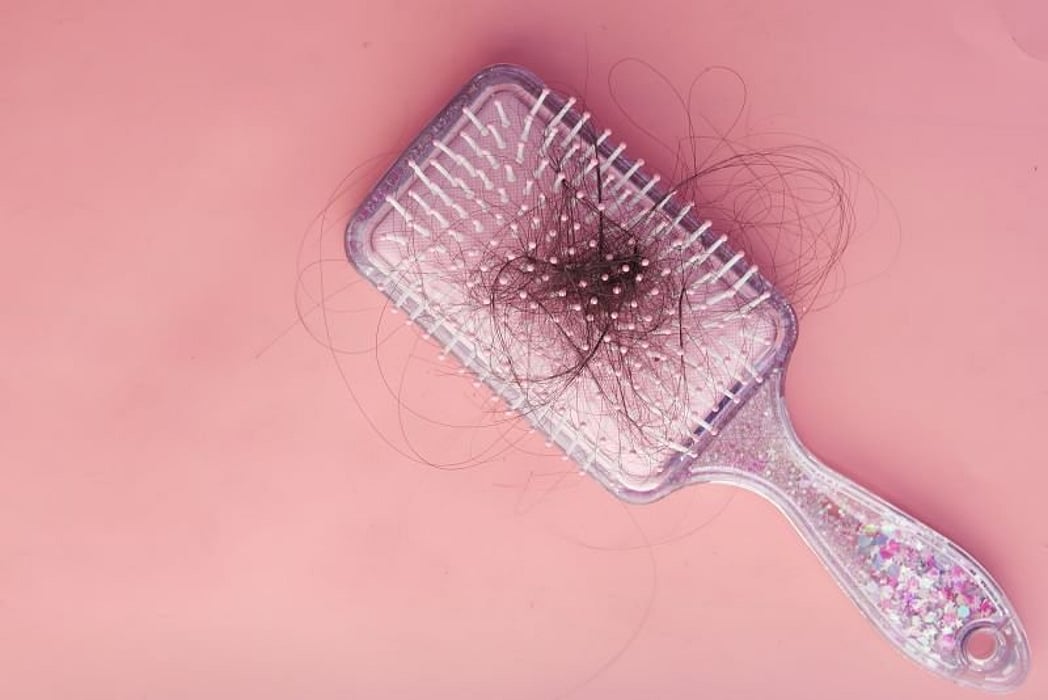Burden of Alopecia Areata Significant in the United States

MONDAY, March 6, 2023 (HealthDay News) -- The burden of alopecia areata (AA) is considerable in the United States, with people of color, especially Asians, disproportionately affected, according to a study published online March 1 in JAMA Dermatology.
Nene Sy, from Northwell Health in New Hyde Park, New York, and colleagues conducted a cross-sectional study using electronic records for children, adolescents, and adults seeking health care across the four census regions in the United States between Jan. 1 and Dec. 31, 2019, to estimate overall and subgroup prevalence rates of AA and its subtypes.
Overall, 1,812 of the 1,093,176 patients who met the inclusion criteria had at least one code for AA. The researchers found that the overall age- and sex-standardized prevalence rates were 0.18 and 0.10 percent among adults and among children and adolescents, respectively. For women to men, the age-standardized prevalence ratio was 1.32. Standardized prevalence was highest among those aged 30 to 39 and 40 to 49 years (297 and 270 per 100,000, respectively). Asian patients had the highest standardized prevalence, followed by patients of other race or multiple races, Black patients, and Hispanic/Latino patients (414, 314, 226, and 212 per 100,000, respectively), while White patients had the lowest standardized prevalence (168 per 100,000). The standardized prevalence ratios were 2.47, 1.35, and 1.26 for Asian, Black, and Hispanic/Latino patients, respectively, versus White patients. Of the patients diagnosed with AA, alopecia totalis and alopecia universalis comprised about 9 percent of cases.
"Collecting better data around burden of disease in AA with a focus on the social determinants of health for those affected is paramount moving forward," write the authors of an accompanying editorial.
Several authors disclosed financial ties to the pharmaceutical industry.
Abstract/Full Text (subscription or payment may be required)
Editorial (subscription or payment may be required)
Related Posts
Recalled Newborn Loungers Tied to 2 More Infant Deaths
THURSDAY, June 8, 2023 (HealthDay News) -- After two more infant deaths, the...
Exercise in Middle-Age Not Linked to Pelvic Floor Disorders
MONDAY, Feb. 13, 2023 (HealthDay News) -- The association of physical activity...
La FDA envía una advertencia a un fabricante de gominolas de nicotina ilegales
VIERNES, 19 de agosto de 2022 (HealthDay News) -- La Administración de Alimentos...
El ACV avanza como causa de mortalidad en todo el mundo
VIERNES, 19 de mayo de 2023 (HealthDay News) -- Las muertes debidas al tipo más...
